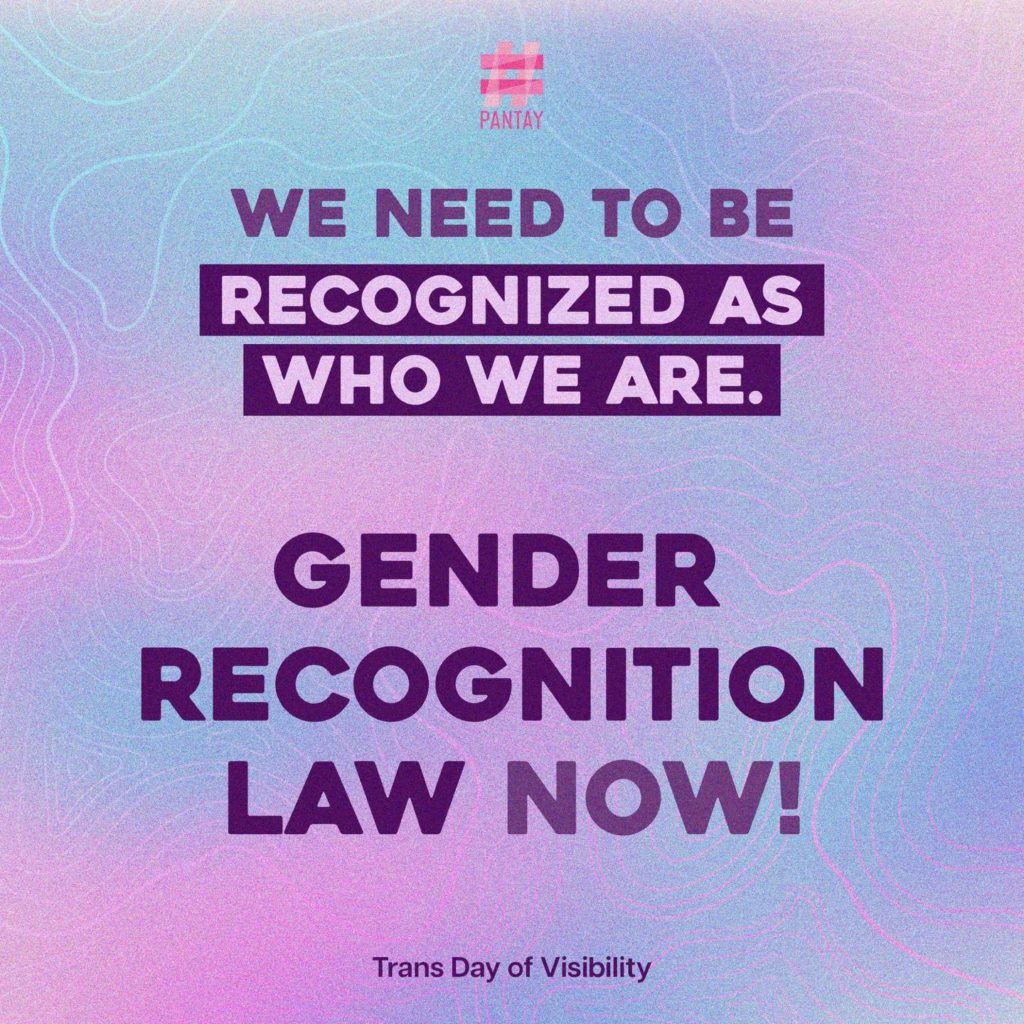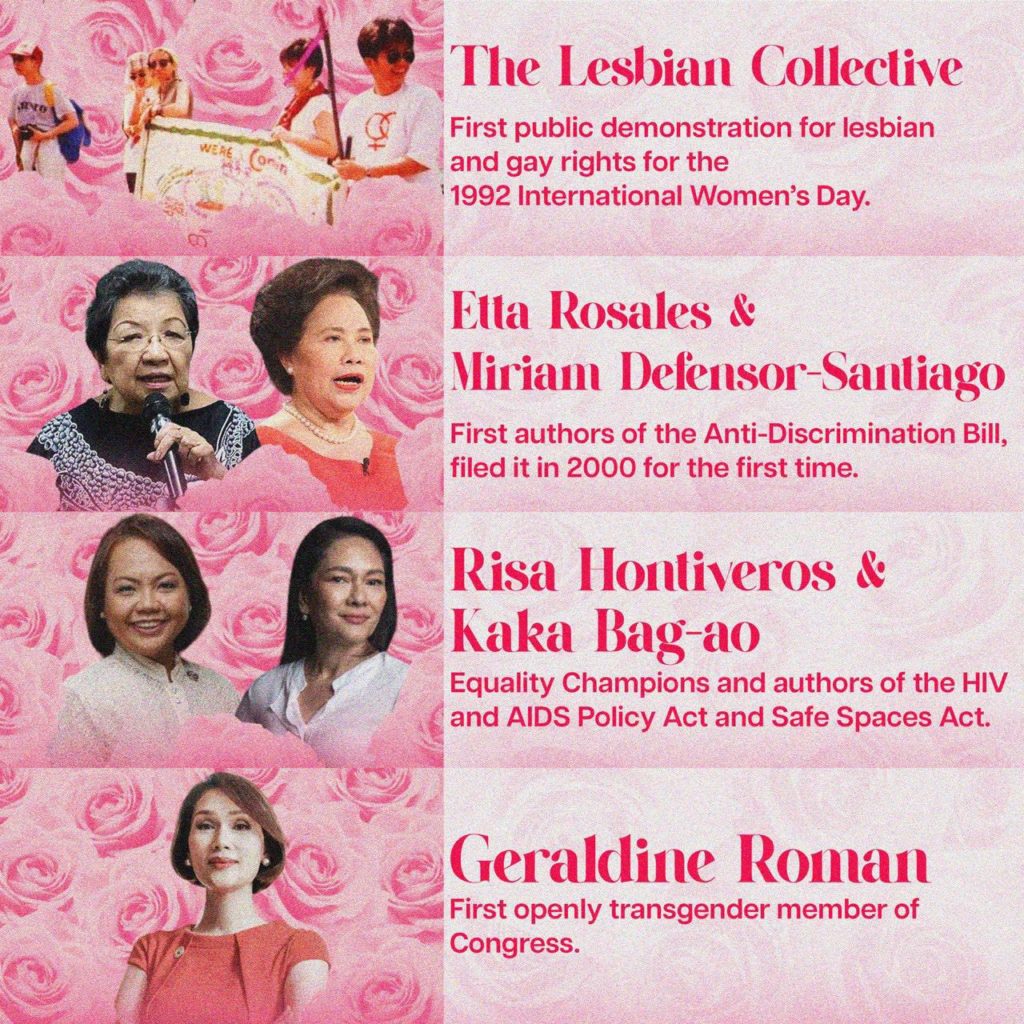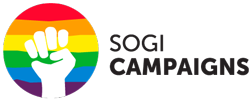In the Philippines, the SOGIE Equality Bill (SEB) was elaborated by Civil Society in the year 2000. In its different iterations, it has been tried in the halls of Congress for over 23 years. However, more than two decades later, the Bill is yet to be passed. Public campaigning in the Philippines has traditionally focused on promoting the Bill directly, but this approach did not result in putting enough public pressure on the authorities to overrun the opposition.
PANTAY (Philippine Anti-Discrimination Alliance of Youth Leaders), a youth-led lobbying community, composed of diverse community-based civil society organisations, advocating for progressive gender-transformative legislation, wanted to seek out different ways to campaign for the bill.
To start with, PANTAY commissioned a research study investigating the sentiments of Fillipinos towards the bill, as any campaign has to focus on the feelings of its target audience.
Interestingly, the study found that the bill itself did not capture the wider public’s imagination. Social listening indicated that the public was largely in favor of LGBTQI+ people, but just didn’t think that they needed additional protection to what was already in place. “But you already have it all”, was a popular comment on social media in reaction to the plea to support the SOGIE equality bill.
Vince Liban, the National Convener of PANTAY, speaking on the research findings, highlighted the main issues with the campaigning efforts for the SEB so far.
“Firstly, the message is too complex, and the notion of “SOGIE” is still unknown to many people, so they don’t really understand what we are advocating for. In 2015 we changed the name of the bill from “Anti-discrimination bill” to the current “SOGIE equality bill”. While this shift to a positive framing was supposed to elicit more support, it also increased the confusion as to what we were aiming for.
As a result, people don’t feel confident to speak up, or even to take a supportive stand. People only support what they clearly understand.”
The research also showed that there were many misconceptions: people were under the impression that this was granting “special rights” to the community. This led to advocates from the LGBTIQ+ community becoming very defensive and campaigning became too focused on retaliating and debunking these misunderstandings, instead of setting the movement’s own narratives and tone.
Building on these findings, the organisation conducted the research study ‘WINNING EQUALITY: Understanding the perception of Young Filipinos of the LGBTQIA+ Community and the SOGIE Equality Bill’ that aimed at providing insight on Filipino values, attitudes, and possible messages that would resonate with the public. The research consisted of three focus group discussions (FGDs) conducted in urban settings.
PANTAY found that two core elements resonated with Filipinos: happiness and family values. Building on this, it developed four message routes.
1) Life is happy if we’re all equal.
2) We’re happy if there’s freedom. We’re safe if there’s justice.
3) Everyone is included, everyone should be equal.
4) In a family with equality, life is happy.
After some rapid testing, the fourth option was selected to be the main message of the campaign whose strategy it was to showcase happy and successful families with LGBTIQ+ members.
In addition to this change in messaging and framing strategy, Pantay also felt that campaigning efforts had to take on a broader focus so that it not only focused on the SEB, but also started discussions on wider laws that protect LGBT+ people, such as the Anti Hate Crime Bill, the Gender Recognition Bill, and Marriage Equality.

“By widening the scope to include other policy proposals, we package our campaign as ‘Equality for All’ and we hope that this approach will up the game for LGBT+ campaigning. Instead of focusing directly on passing the SEB, we have shifted our focus to campaigning on the value of equality.
By going for the values-based approach, we are clearly going for an inclusive approach: it is not (only) about more equality for us, as a marginalised group, it is about a more equal Filipino society for all. We want to promote the idea that the SOGIE Equality Bill is for the benefit of everyone and does not grant special rights to a particular group of people,” Vince explains.
In December 2023, PANTAY was able to introduce and discuss their Equality for All campaign with other advocacy groups and networks. In a major step, most of the organisations agreed to focus their public campaigning approach on the value of equality and systematically integrate messaging on family and happiness into all campaigning moments.
“In February we have Valentine’s Day, International Women’s Day in March, in April the campaigning will focus on students, and in May it will focus on the labour movement and IDAHOBIT. And of course the culmination will be Pride 2024 celebrations, with a network of organisations taking the messages forward. In Manila alone, 110,000 people attended the Pride march in 2023 , so the impact of the message will be huge” says Vince.

But interestingly, the organisation doesn’t limit itself to the “classic” LGBTQI+ dates. Taking advantage of the frame on happiness, Pantay also communicated on March 20, the International Day of Happiness, with the message “We Are Happier if there’s Equality”. A clever move to use every possible opportunity and think outside of the box.

Vince shares some last key insights into the strategy change process that Pantay underwent: “Do not be afraid to experiment and do not be afraid to innovate and adopt new strategies, especially if they are based on research.”
Another major learning was on getting advocates and stakeholders to share ownership of the research and adopt it in their own work: “The approach we take at PANTAY is that whatever research we do is not only owned by us, but it is a product of the long fight on LGBTIQ+ rights and is the result of collective effort to find solutions to our common problems. So, we make a conscious effort to get out of the echo chambers and share this knowledge among different organisations and other networks.”
A strategy with clearly positive outcomes!

